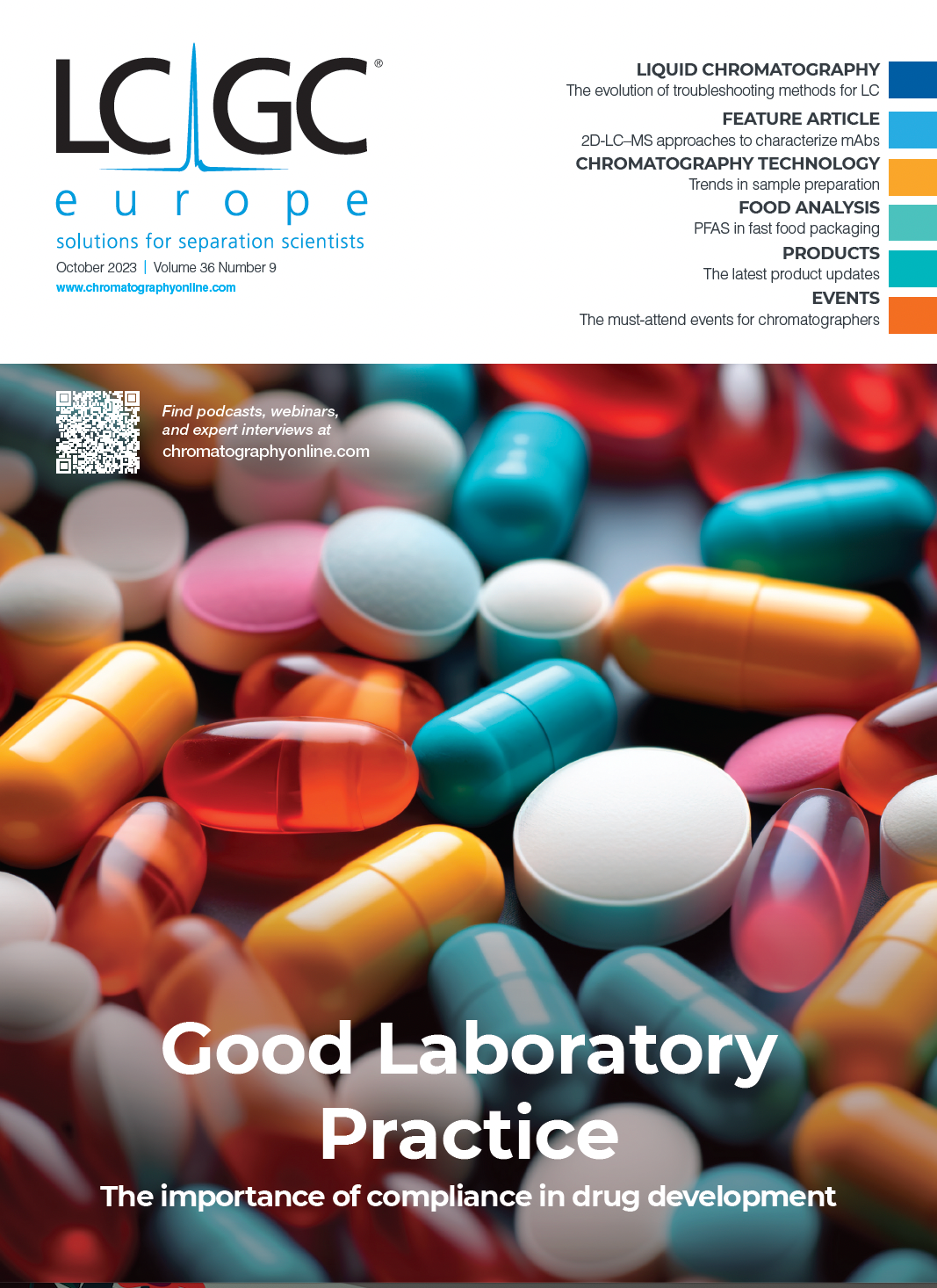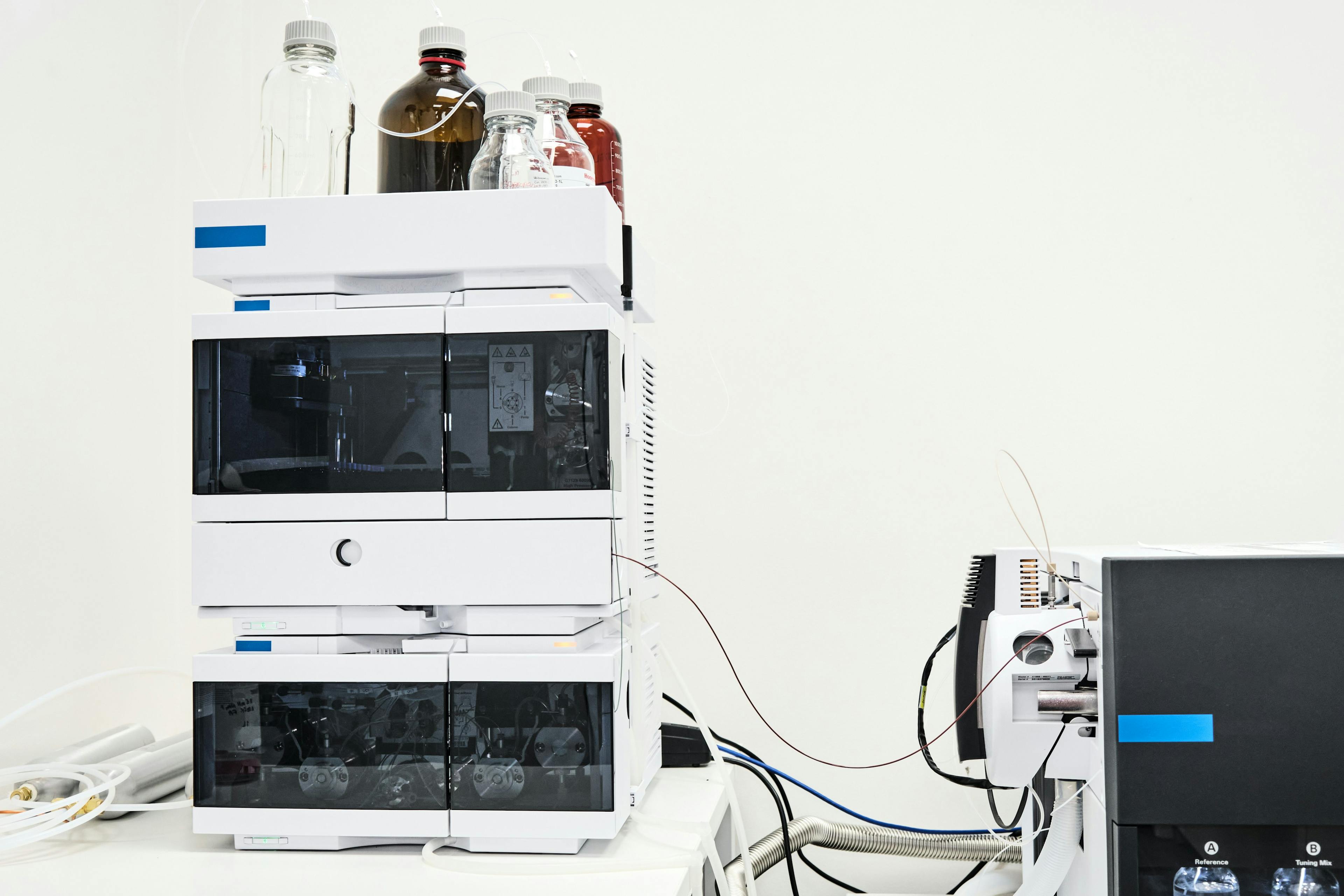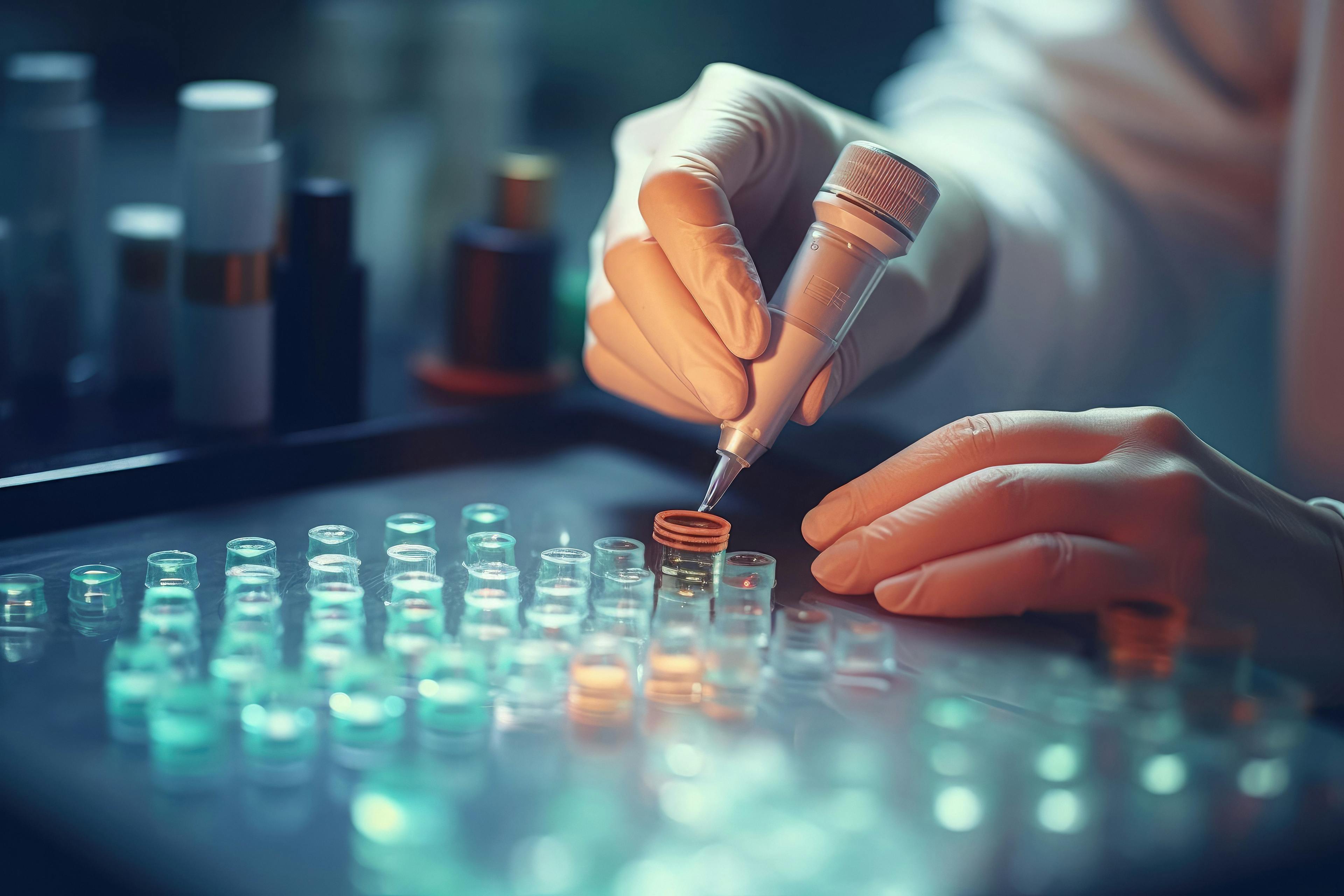The Green Analytical Chemistry Workshop (1st TGAC)
The Green Analytical Chemistry Workshop (1st TGAC) will be held 5–6 February 2024, at Novotel Paris-Charenton, Paris, France.
In 2011, a series of workshops dedicated to sorptive extraction techniques was launched under the moniker SBSE Technical Meeting. This series of workshops has been a major meeting place for SPME and SBSE users, where theoretical considerations and practical experiences could be exchanged in an informal way. During these meetings, the green analytical chemistry aspects of techniques such as thermal extraction, headspace sampling, SPME, and SBSE were highlighted and demonstrated.
France - Paris | Image Credit: © Phil_Good - stock.adobe.com

After five biannual editions (2011–2019), the organizers have decided to broaden the focus of this meeting to all aspects of green analytical chemistry. While sample preparation is an essential part of an analytical procedure, it greatly contributes to the environmental impact of the laboratory. Techniques that implement miniaturization, automation, solvent, and waste reduction are therefore very welcome. In addition, the consumption of energy and analytical gases are being evaluated more and more, with the goal of drastically reducing the environmental footprint of analytical chemistry.
During this first TGAC Workshop, the different aspects of green sample preparation methods, energy consumption, and technical aspects, such as the search for alternatives to helium consumption in gas chromatography, will be discussed.
The workshop programme includes approximately 20 presentations given by international experts and a roundtable discussion on the green transition of laboratories, on helium replacement, and the use of hydrogen in the GC laboratory.
New and renewed approaches of solventless sample preparation methods, including dynamic headspace sampling, vacuum‑assisted sorptive extraction, and automated SPME with extended sorbent amounts, will be presented. From cognac to vegetable oils, from sediments to beer, from cheese to the human body, via wine, wastewater, and new polymers, the applicability of these techniques will demonstrate that green analytical chemistry is on the rise.
Attendees will be able to meet with representatives of the following companies: Agilent, Leco, Restek, FDGSi, PerkinElmer, Fameco, RIC Technologies, LCTech, Biotage, and Gerstel.
Contacts
Email: david.benanou@veolia.com | W: www.tgacworkshop-paris.com

New Method Explored for the Detection of CECs in Crops Irrigated with Contaminated Water
April 30th 2025This new study presents a validated QuEChERS–LC-MS/MS method for detecting eight persistent, mobile, and toxic substances in escarole, tomatoes, and tomato leaves irrigated with contaminated water.
University of Tasmania Researchers Explore Haloacetic Acid Determiniation in Water with capLC–MS
April 29th 2025Haloacetic acid detection has become important when analyzing drinking and swimming pool water. University of Tasmania researchers have begun applying capillary liquid chromatography as a means of detecting these substances.

.png&w=3840&q=75)

.png&w=3840&q=75)



.png&w=3840&q=75)



.png&w=3840&q=75)









